Interview With Albert Puig
Albert Puig is a former FC Barcelona Youth Technical Director and now the Assistant Coach of New York City FC. A globally respected leader in player development, Puig’s famed La Masia developed the likes of Andres Iniesta, Gerard Pique, and Lionel Messi. Puig is the founder of APFC Courses – a program to help educate soccer coaches.
You should never view the results as the objective, just the outcome of good development.
Albert Puig
Read: ALBERT PUIG ON CRASH COURSE ON POSITIONAL PLAY – Part 1and ALBERT PUIG ON CRASH COURSE ON POSITIONAL PLAY – PART 2
Making Soccer Great: World famous Coaching Legend Albert Puig on American Soccer – What Soccer Coaches Need to Know
As the former FC Barcelona Youth Technical Director and the Academy Director at the Catalan Club, Puig has worked with Leo Messi and many other players at the famed La Masia. Albert Puig is determined to share his knowledge with coaches all around the world and he has focused on the American youth soccer landscape. The Assistant Coach of New York City FC, Puig works tirelessly, helping soccer coaches become better
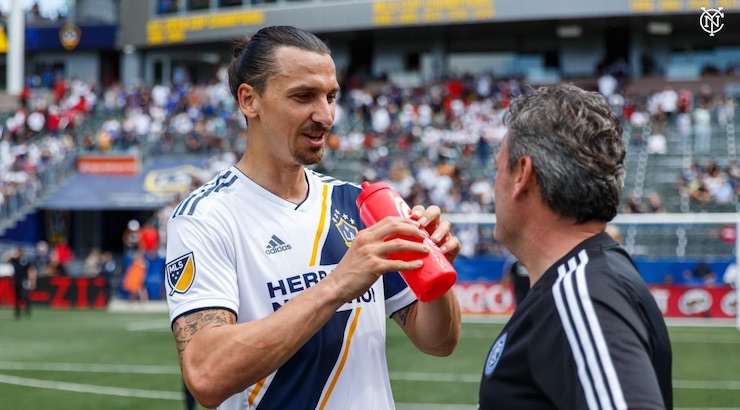
SoccerToday’s Interview with Albert Puig
Diane Scavuzzo: What are the top 3 mistakes American youth soccer coaches make?
Albert Puig: These are the worst mistakes youth soccer coaches make:
- Repeat, Repeat and Repeat. Repetition of technical movements with no sense, no objective, goal or purpose; repeat for repetition’s sake.
- The System Above it All. We care too much about a particular system and place it above the style.
- Muscle Power. Emphasis on the physical characteristics and development of players thus focusing on physical aspects during training.
Diane Scavuzzo: Why are youth soccer coaches in America getting it wrong?
Albert Puig: The best players in the history of the game are not the fastest, the tallest, the strongest.
SOCCER IS THE MOST BEAUTIFUL GAME IN THE WORLD BECAUSE IT’S ALL ABOUT DECISIONS.
This is why understanding concepts are the foundation of this sport. The more high-quality information and concepts the players understand, the better decisions they will make, and as a result, they will grow as players.
It’s important to know these concepts and use the correct training structure to implement them and for the player to comprehend them.
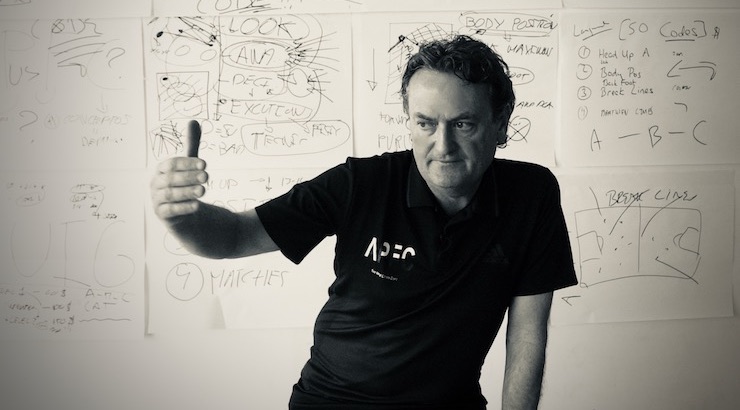
Diane Scavuzzo: What has been the biggest challenge in training coaches in America?
Albert Puig: Coaches in the USA don’t have a long tradition of soccer compared to Europe, where there are concepts intrinsically found in society.
Soccer coaches in America have not been exposed to these concepts. The challenge has been to expose them to these European concepts and culture.
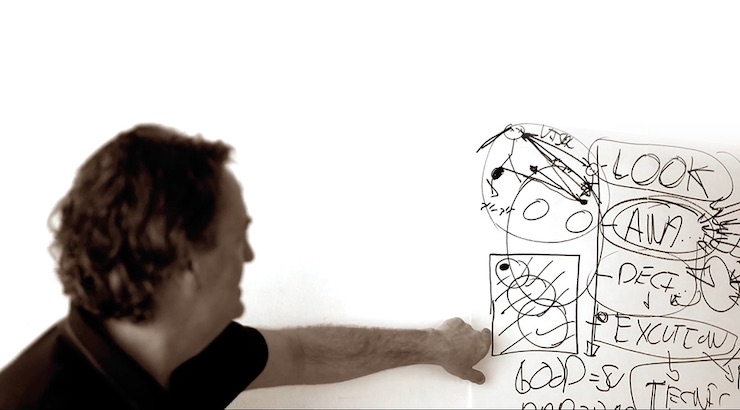
Diane Scavuzzo: What does is mean “Youth teams should be judged by player development, not focused on results” Is this practical? Is this important and why?
Albert Puig: In youth soccer, teams must be judged by the individual development of the players.
I SPEAK OF THE INDIVIDUAL AND NOT THE COLLECTIVE.
The most important thing in the player development stage is that he or she understands the language of soccer within the collective but never imposes the collective (playing system) as a priority versus the intrinsic development of the player.
The players must make mistakes and the main job of the development is to correct these individual concepts within the collective sport.
BUT ABOVE ALL, PLAYER DEVELOPMENT COMES BEFORE ANY RESULTS.
Sometimes they come together because good development results in growth for the players which is reflected on the scoreboard.
You should never view the results as the objective, just the outcome of good development.
And this is actually the real challenge.
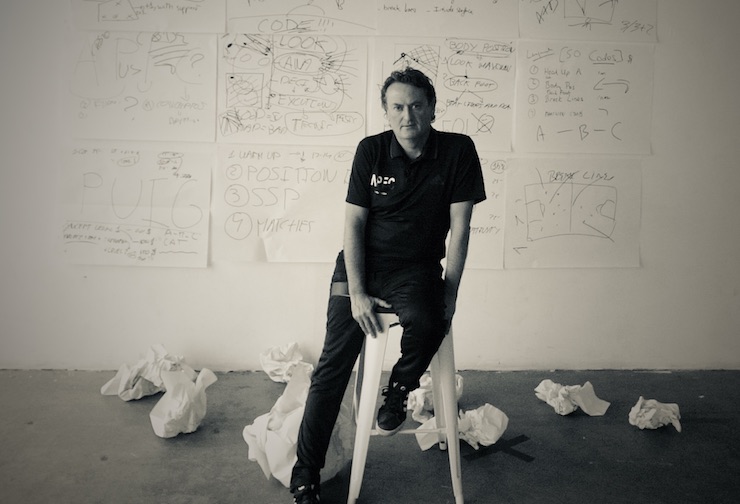
Diane Scavuzzo: What do the top elite European youth development coaches know that American coaches don’t?
Albert Puig: European coaches have the advantage of decades of experience in youth development methodology implementation as well as societies where soccer is part of the culture.
In the end, soccer is understanding a match and teaching the children what is going on in that match so that they can understand and make better decisions on the pitch.
Diane Scavuzzo: How many youth soccer coaches in America have you seen ‘do it right?’
Albert Puig: It wouldn’t be fair to say that all coaches in the USA have it wrong.
I’ve seen some really good coaches here. Obviously, there is still work to be done, but there has been a revolution. The creation of clubs and youth academies has been a positive change.
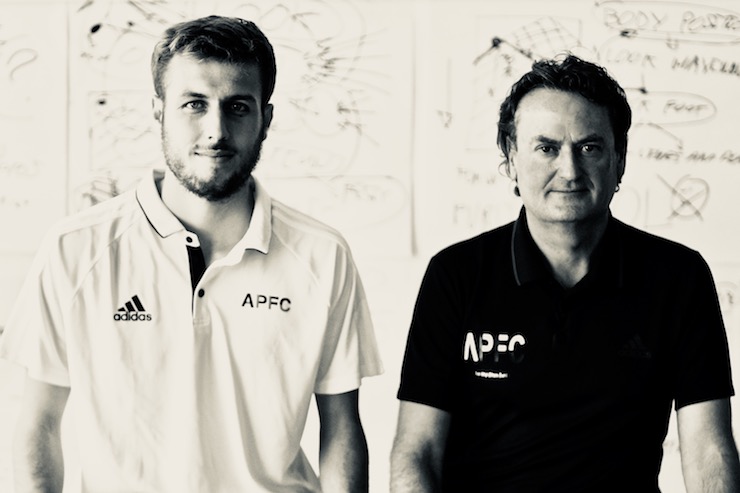
Diane Scavuzzo: You are the founder of APFC Courses. What does the APFC methodology teach?
Albert Puig: My Football Code is a methodology based on the teachings of concepts/principles rooted in the best decision-making choices in soccer — while at the same time fostering creativity.

All this is approached through encompassing coordinative/technical and cognitive/ tactical aspects of the game.
The development of an individual’s capacity is a result of understanding concepts (game criteria), but its natural habitat is within freestyle playing, therefore fostering creativity which results in empowering the player by optimizing his/her skill level.
This results in a superior understanding of what is happening on the pitch during a match. The result is to see what others don’t!
The APFC methodology empowers coaches with these concepts so they can teach and transmit their newly acquired knowledge to their teams and players.
The APFC methodology enhances the player’s special qualities with creativity. Creativity is a key factor in the development and growth of any soccer player.
CONCEPT+DECISION+CREATIVITY= DEVELOPMENT OF THE SOCCER PLAYER
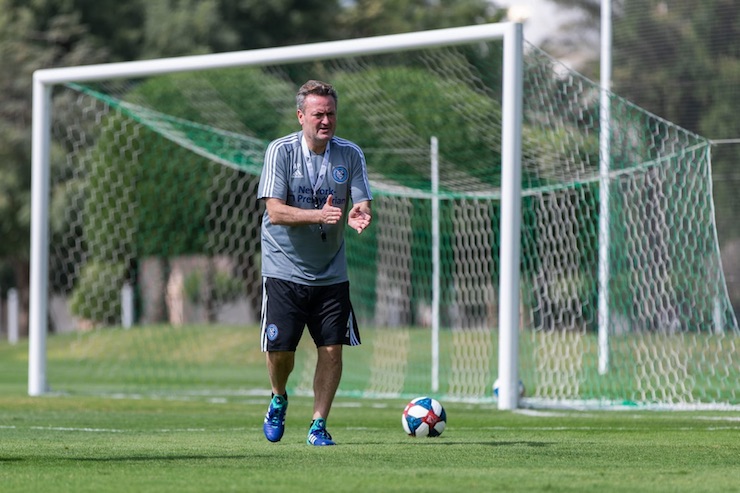
Diane Scavuzzo: What are the top mistakes youth soccer players make?
Albert Puig: Youth soccer players in America don’t understand soccer as a language and its concepts.
Too many youth soccer players view technical and physical factors as the most important.
This can be seen in the repetition of technical and physical movements. The main mistake is that they don’t understand timing, pauses, passing or comprehend a match as a whole. At a technical and physical level, they are very good but the issue is not understanding a soccer match.
THE USA PLAYER HAS A LOVE FOR THE BALL AND NOT FOR THE GAME AND THIS IS THE MAIN PROBLEM
Read: ALBERT PUIG ON CRASH COURSE ON POSITIONAL PLAY – Part 1





